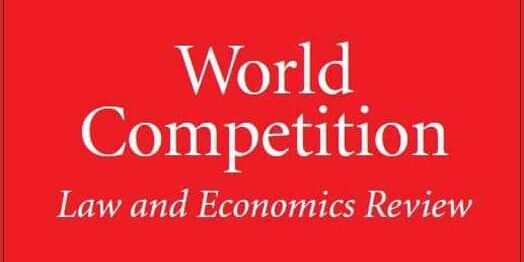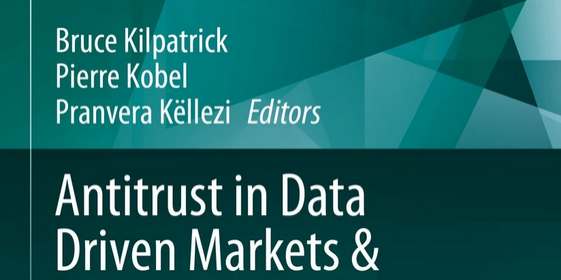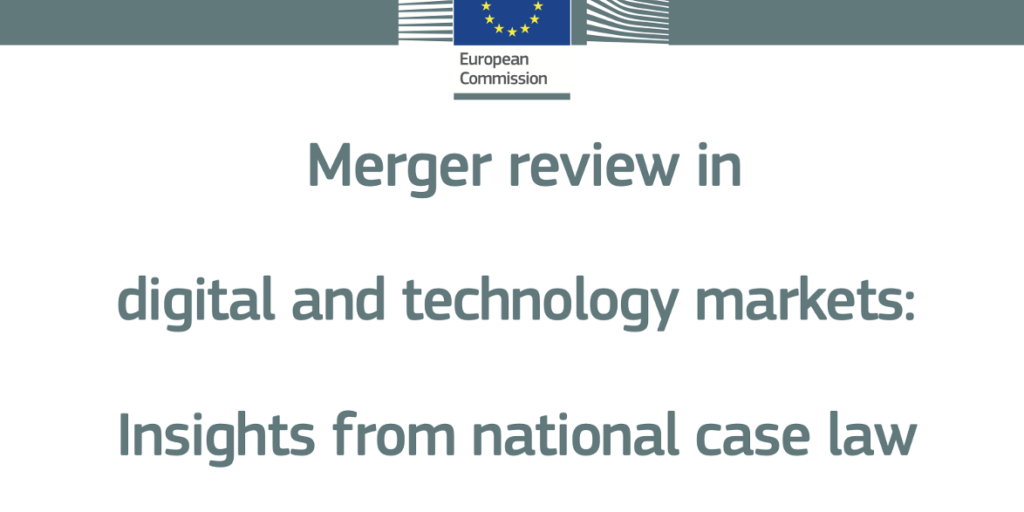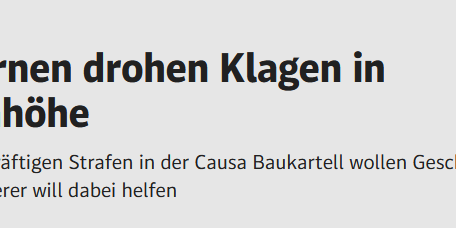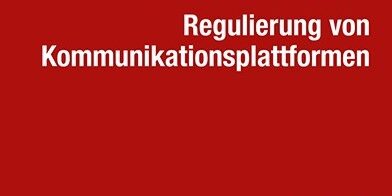Edited by Aleš Ferčič of the University of Maribor, a new textbook on European Union Competition Law was just published by Europa Law Publishing. This comprehensive textbook covering all major aspects of this intriguing part of Union law. It was prepared by a group of distinguished specialists from European universities, including Nataša Samec Berghaus, Stefan Krenn, Pieter Van Cleynenbreugel, José Caramelo Gomes, Martina Repas and Matjaž Tratnik. Vicky Robertson contributed a chapter on market definition. The book covers the various pillars of EU competition law that prevent unlawful restrictions of competition within the internal market. The focus is on anti-competitive agreements, abuses of a dominant position, mergers and state aid measures. Both substantive and procedural issues are covered, including not only public but also private enforcement. In addition, introductory chapters allow readers to immerse themselves in general concepts of EU competition law.
Obtain your copy here: https://www.europalawpublishing.com/101-69_European-Union-Competition-Law

